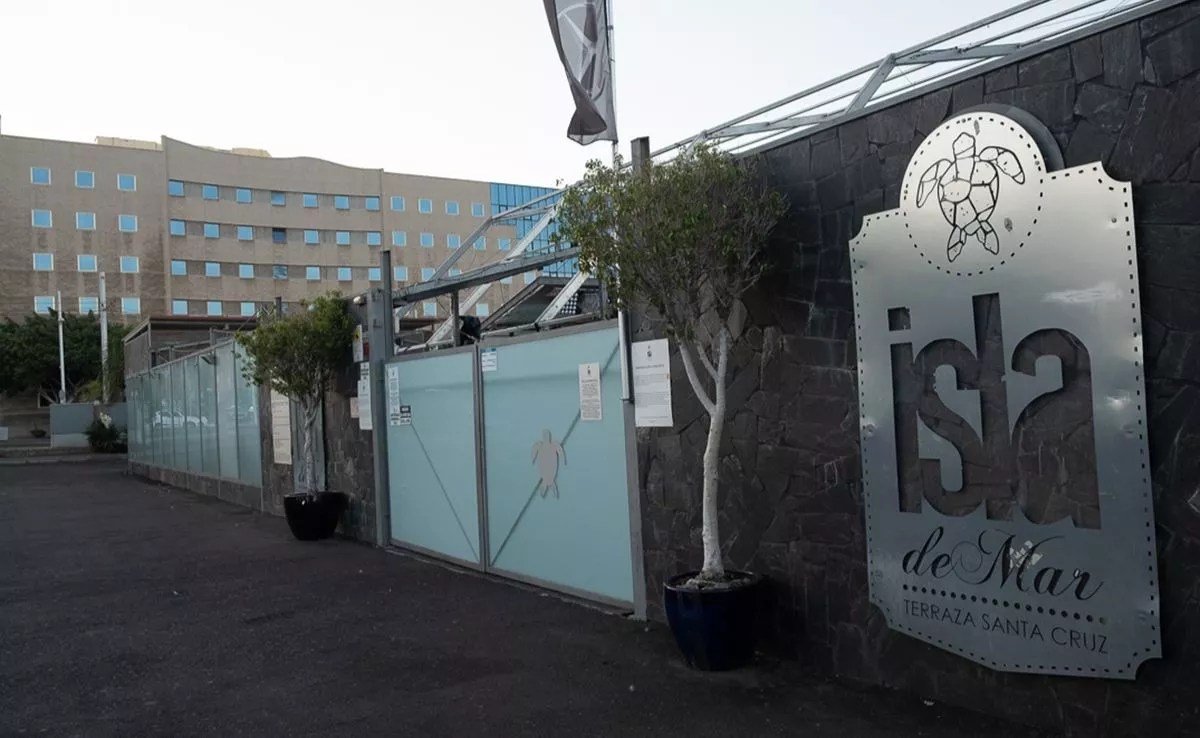The Ministry of Ecological Transition, Fight against Climate Change and Territorial Planning of the Government of the Canary Islands has awarded the contract for a study for the execution of a composting plant in La Laguna for the treatment of organic waste from said municipality, Tegueste and the region of Acentejo.
The regional councilor for the Area, José Antonio Valbuena, explained that this initiative not only complies with the provisions of article 67 of the Canary Islands Law on Climate Change and Energy Transition and the Canary Islands Comprehensive Waste Plan, but also contributes to compliance with the Canary Islands Food Sovereignty Strategy with the use of bio-waste and its transformation into agricultural fertilizer.
Valbuena pointed out that biowaste, also known as organic waste or biodegradable waste, are materials of biological origin that come from agricultural, forestry, food and domestic activities and that usually contain high levels of water and nutrients. “This makes them a valuable resource for compost production or even for use in biogas power generation,” he added.
For his part, the mayor of La Laguna, Luis Yeray Gutiérrez, considered that the project for a composting plant for this area of the island confirms the commitment to sustainability and environmental values of the administrations involved. “In the case of La Laguna, the new contract for waste collection positions us in a privileged place to lead the management of organic waste, and we will work together with the Government and the concessionaire company itself to find the most suitable location to locate this plant. In addition, the agricultural sector will benefit greatly, by having a high-quality natural fertilizer and the consequent lowering of production costs”, he assured.
ICIA, COAG and the General Directorate of Agriculture of the Canary Islands Government have also participated in this proposal with the aim of developing a bio-waste management prototype that guarantees efficient agricultural use of the by-products that may be generated.
The forecast is that once the project is available, which is estimated to be in three months, a collaboration agreement will be established between the interested parties to establish the necessary financing, authorizations and start-up of the project.















